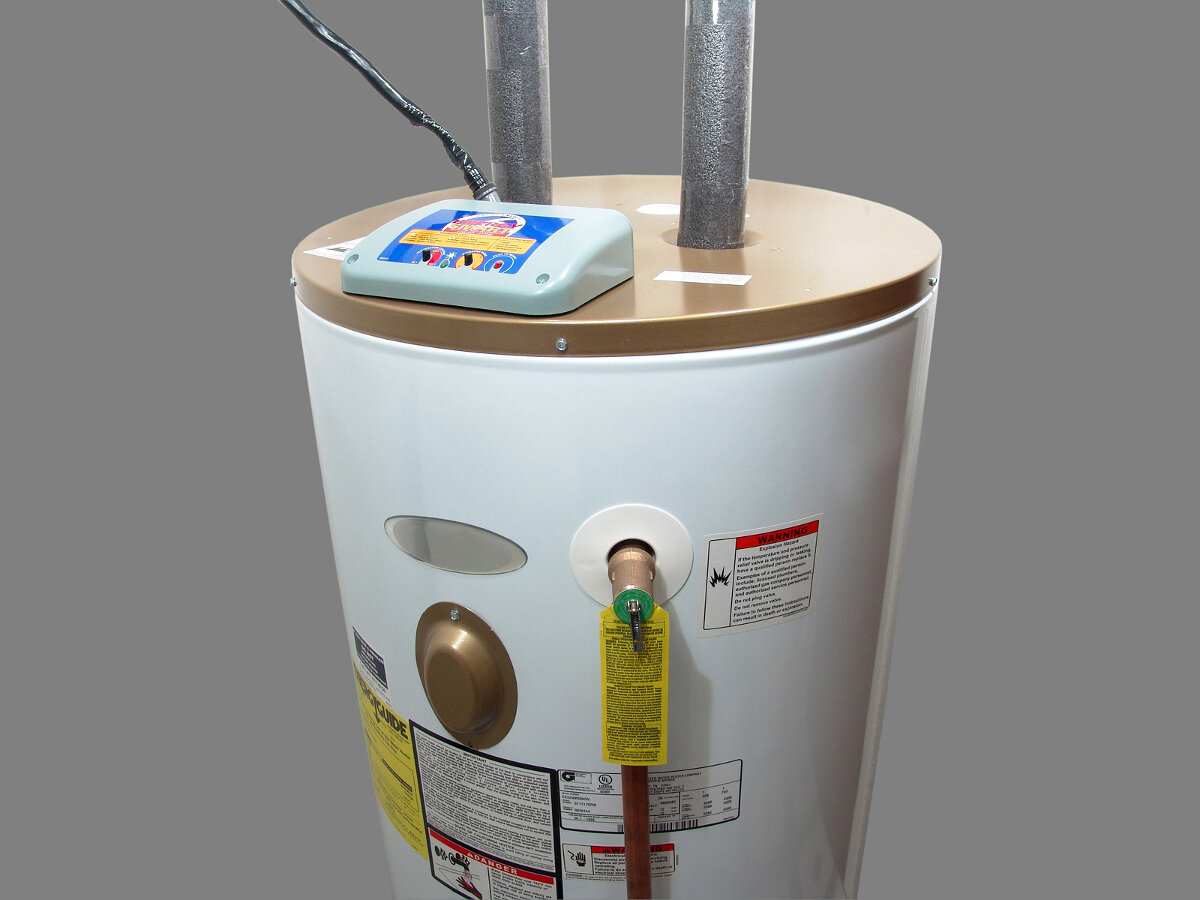

Articles
What Is The Lifespan Of A Water Heater
Modified: December 7, 2023
Discover the lifespan of a water heater through informative articles. Gain insights on maintenance, repairs, and replacement to ensure long-lasting performance.
(Many of the links in this article redirect to a specific reviewed product. Your purchase of these products through affiliate links helps to generate commission for Storables.com, at no extra cost. Learn more)
Introduction
A water heater is an essential appliance that provides hot water for various household activities, such as bathing, washing dishes, and doing laundry. However, like any home appliance, water heaters have a limited lifespan and will eventually require replacement or repairs.
Understanding the factors that affect the lifespan of a water heater can help homeowners anticipate when it may be time to replace their unit and take necessary measures to extend its longevity.
In this article, we will explore the different factors that can impact the lifespan of a water heater, the typical lifespan of different types of water heaters, signs of a failing unit, and tips for extending its lifespan.
Key Takeaways:
- Regular maintenance, water quality, and usage patterns significantly impact a water heater’s lifespan. By addressing these factors, homeowners can extend the longevity of their unit and avoid unexpected breakdowns.
- Signs of a failing water heater, such as insufficient hot water and leaks, should prompt swift action to prevent further damage and ensure consistent access to hot water. Professional advice and proactive measures can help maintain optimal performance.
Read more: What Is An Indirect Water Heater
Factors Affecting the Lifespan of a Water Heater
The lifespan of a water heater can vary depending on several factors. Here are some key factors that can impact the longevity of your water heater:
- Quality of Materials: The quality of the materials used in manufacturing the water heater plays a crucial role in determining its lifespan. Water heaters made with low-quality materials may degrade faster and be more prone to leaks or malfunctions.
- Maintenance: Regular maintenance is essential for maximizing the lifespan of your water heater. Neglecting routine maintenance tasks, such as flushing the tank and inspecting the heating elements, can lead to the accumulation of sediment, reduced efficiency, and even premature failure.
- Water Quality: The quality of the water in your area can also affect your water heater’s lifespan. Hard water, which is high in mineral content, can cause mineral buildup and corrosion within the tank and pipes. This can lead to decreased efficiency and potential damage to the unit over time. Installing a water softener can help mitigate these issues.
- Usage Patterns: The frequency and intensity of your water heater’s usage can impact its lifespan. If your household uses large amounts of hot water on a regular basis, the wear and tear on the unit may be higher, resulting in a shorter lifespan. Additionally, constantly fluctuating temperatures and excessive pressure can put additional stress on the components of the water heater.
By taking these factors into consideration and implementing appropriate measures, you can help extend the lifespan of your water heater and avoid unexpected breakdowns.
Typical Lifespan of Different Types of Water Heaters
The lifespan of a water heater can vary depending on its type. Let’s take a look at the typical lifespans of two common types of water heaters:
- Traditional Tank Water Heaters: Tank water heaters are the most common type found in homes. They consist of a large storage tank that heats and stores hot water until it is needed. On average, a well-maintained tank water heater can last anywhere between 8 to 12 years. However, the lifespan can be influenced by factors such as the quality of materials, maintenance, and water quality.
- Tankless Water Heaters: Tankless water heaters, also known as on-demand water heaters, are gaining popularity due to their energy efficiency and space-saving design. Instead of storing hot water in a tank, they heat water on demand as it passes through a heat exchanger. Tankless water heaters generally have a longer lifespan compared to tank water heaters, with an average expectancy of 15 to 20 years. Their durable and compact design, coupled with less exposure to stagnant water, can contribute to their extended lifespan.
It’s important to note that these are average lifespans, and individual units may vary. Factors such as usage patterns, maintenance, and water quality can significantly impact the lifespan of both tank and tankless water heaters. Regular maintenance and proper care can help maximize the lifespan of any type of water heater and ensure efficient and reliable hot water delivery.
Flush your water heater annually to remove sediment buildup and extend its lifespan. This will improve efficiency and prevent corrosion.
Signs of a Failing Water Heater
A failing water heater can disrupt your daily routine and cause inconvenience. It’s important to be aware of the warning signs that indicate your water heater may be approaching the end of its lifespan. Here are some common signs to look out for:
- Insufficient Hot Water: If you notice a decrease in the amount of hot water your water heater is producing, it could be a sign of a failing unit. This can manifest as lukewarm water or running out of hot water more quickly than usual.
- Strange Noises: Unusual sounds coming from your water heater, such as banging, popping, or rumbling noises, can indicate sediment buildup or a malfunctioning heating element. These noises can be a sign that your water heater is struggling to heat the water effectively.
- Leaks or Drips: Any visible signs of water leakage or drips around the water heater should not be ignored. Leaks can indicate a cracked or corroded tank, faulty valves, or loose connections. It’s important to address leaks promptly to prevent further damage and potential flooding.
- Rusty Water: If you notice rusty or discolored water coming from your hot water taps, it could be a sign that your water heater is corroding from the inside. Corrosion can lead to leaks and reduced efficiency. Rusty water should be investigated and addressed promptly.
If you observe any of these signs with your water heater, it’s recommended to consult a professional plumber or water heater technician. They can diagnose the issue and determine whether repairs or a water heater replacement is necessary. Taking prompt action can help prevent further damage and ensure you have reliable hot water in your home.
Extending the Lifespan of a Water Heater
To prolong the lifespan of your water heater and ensure its optimal performance, there are several measures you can take. Here are some effective ways to extend the longevity of your water heater:
- Regular Maintenance: Implementing a regular maintenance schedule for your water heater is crucial. This includes tasks such as checking the pressure relief valve, inspecting and cleaning the heating elements, and examining the anode rod. Regular maintenance helps identify and address potential issues before they turn into major problems.
- Flushing the Tank: Over time, sediment can build up in the bottom of the water heater tank. This sediment can affect the heater’s efficiency and lead to corrosion. Flushing the tank annually helps remove the sediment and maintain optimal performance. Consult the manufacturer’s instructions or seek professional assistance for guidance on how to properly flush your specific water heater model.
- Installing a Water Softener: If you live in an area with hard water, installing a water softener can be beneficial for your water heater’s lifespan. Hard water contains minerals that can cause scale buildup and corrosion within the tank and pipes. A water softener works by removing these minerals, preventing potential damage and prolonging the life of your water heater.
- Adjusting Thermostat Settings: Setting the thermostat temperature of your water heater to a moderate level can help reduce stress on the unit. It’s recommended to set the temperature to around 120 degrees Fahrenheit (49 degrees Celsius). This not only helps prevent overheating and scalding but also decreases wear and tear on the heating elements, extending their lifespan.
By incorporating these practices into your water heater maintenance routine, you can significantly improve its performance, efficiency, and lifespan. Additionally, it’s important to follow the manufacturer’s guidelines and consult a professional if you have any concerns or specific maintenance recommendations for your particular water heater model.
Read more: What Is A Point Of Use Water Heater
Conclusion
A water heater is an essential appliance in every home, providing us with hot water for various daily activities. Understanding the factors that affect its lifespan and knowing the signs of a failing water heater can help you take proactive measures to ensure its longevity and avoid unexpected breakdowns.
Factors such as the quality of materials, regular maintenance, water quality, and usage patterns can all impact the lifespan of a water heater. By investing in a high-quality water heater, performing routine maintenance tasks, addressing water quality issues, and being mindful of usage patterns, you can maximize the lifespan of your water heater and save yourself from unnecessary expenses and inconveniences.
Being aware of the signs of a failing water heater, such as insufficient hot water, strange noises, leaks or drips, and rusty water, allows you to take swift action and seek professional advice when needed. Promptly addressing these warning signs can prevent further damage, reduce the risk of flooding, and ensure consistent access to hot water in your home.
In addition, incorporating practices like regular maintenance, flushing the tank, installing a water softener, and adjusting thermostat settings can help extend the lifespan of your water heater and maintain its optimal performance. By following these practices, you can enjoy reliable hot water for an extended period and minimize the need for costly repairs or replacements.
Remember to consult the manufacturer’s guidelines and consult a professional plumber or water heater technician for specific recommendations and assistance tailored to your water heater model.
By giving proper attention and care to your water heater, you can ensure its longevity, improve energy efficiency, and continue enjoying the comforts of hot water in your home for years to come.
Frequently Asked Questions about What Is The Lifespan Of A Water Heater
Was this page helpful?
At Storables.com, we guarantee accurate and reliable information. Our content, validated by Expert Board Contributors, is crafted following stringent Editorial Policies. We're committed to providing you with well-researched, expert-backed insights for all your informational needs.
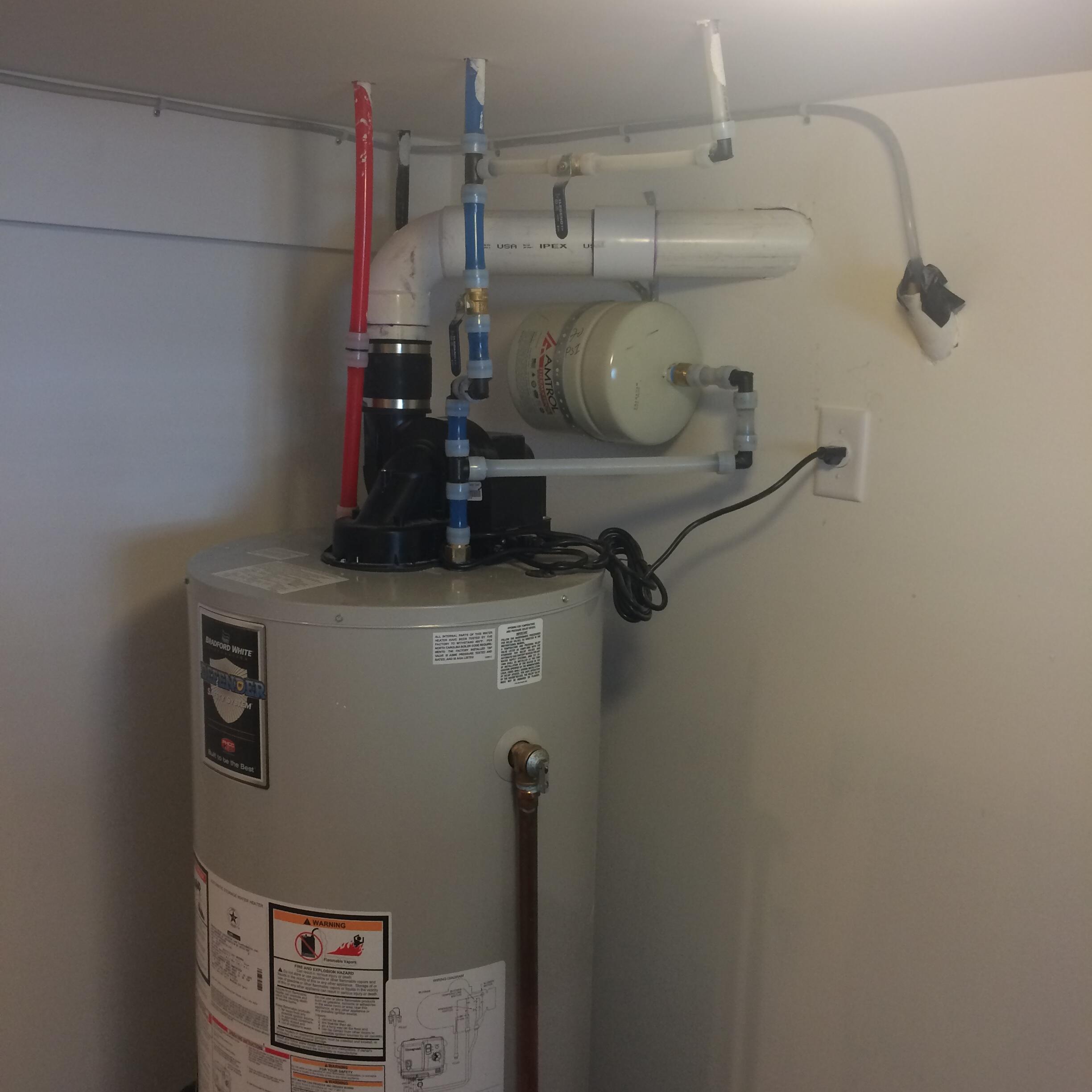
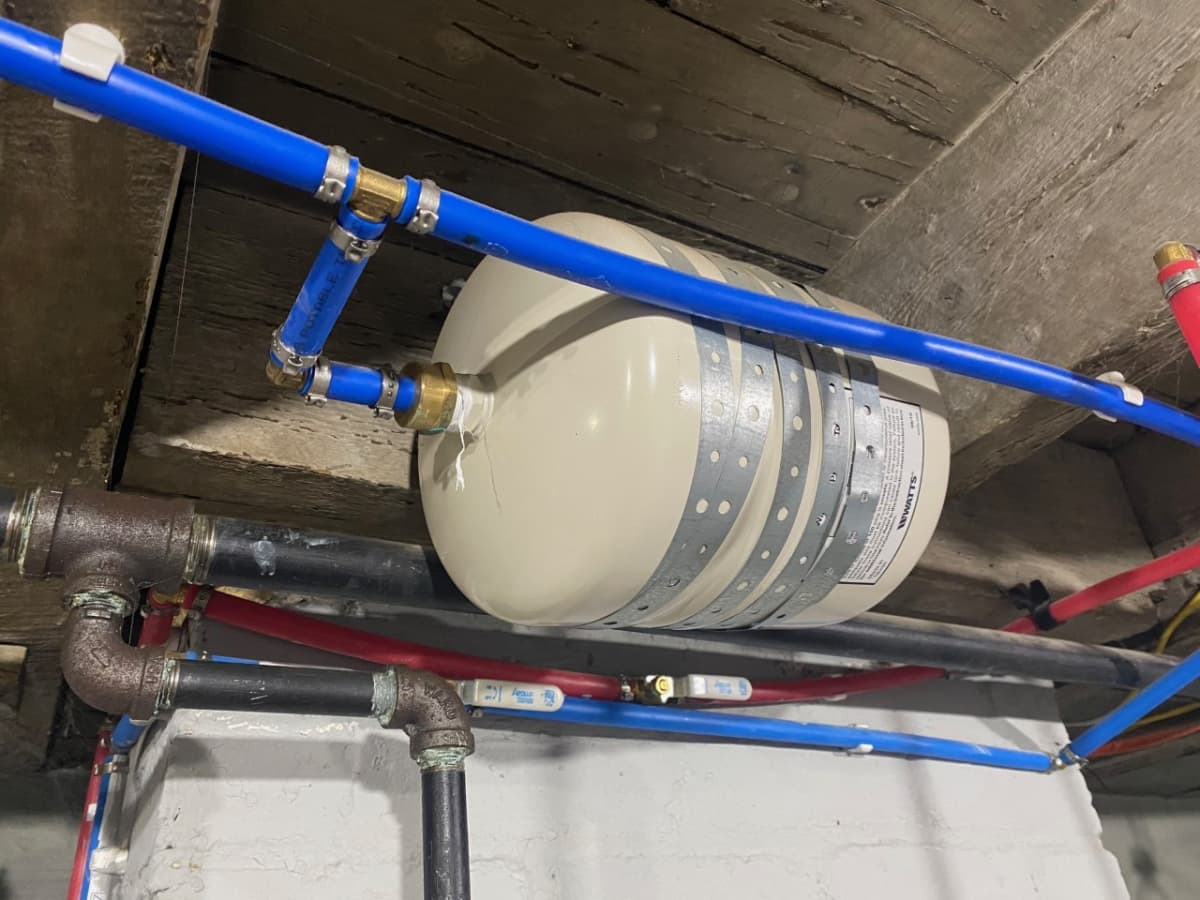
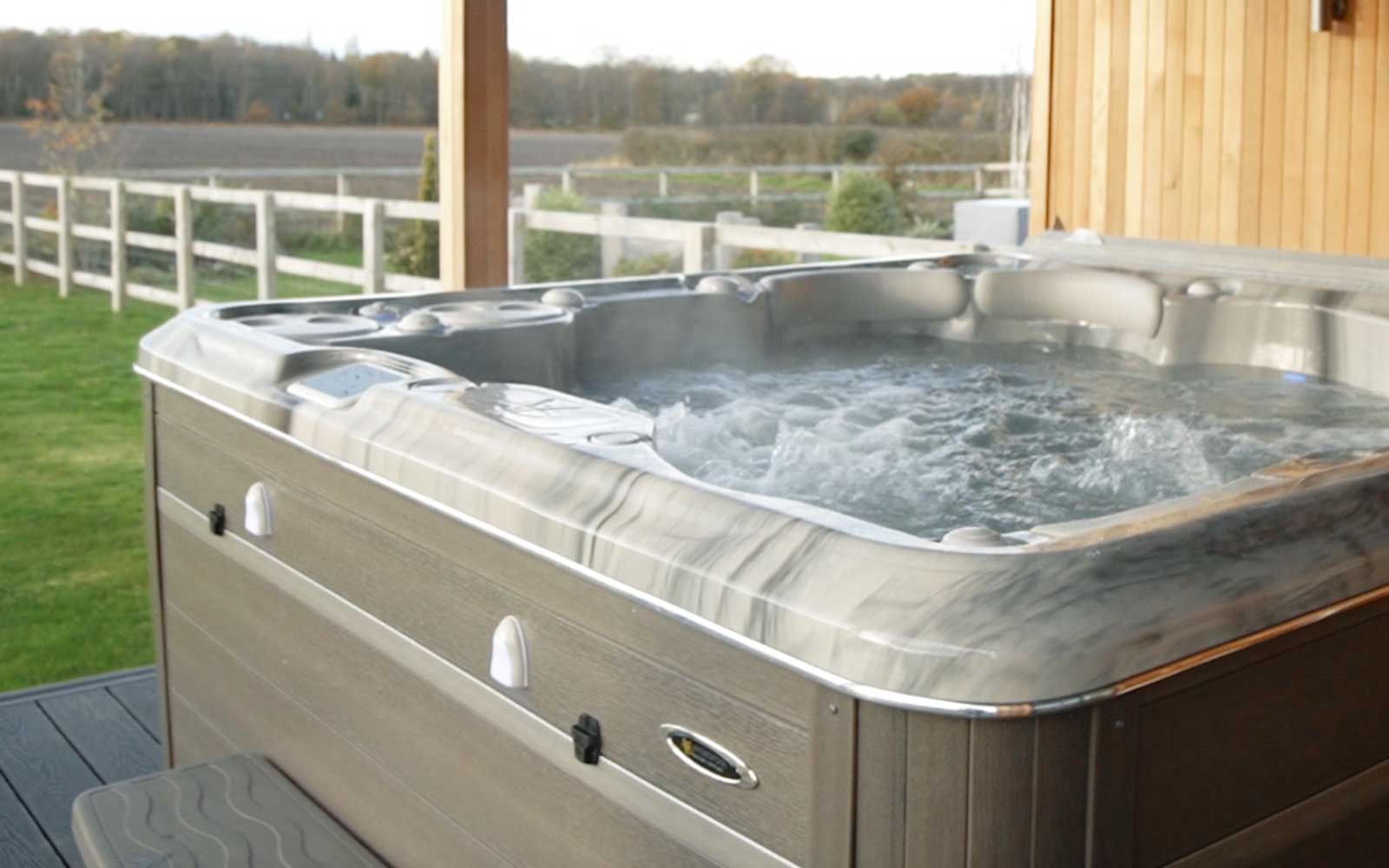
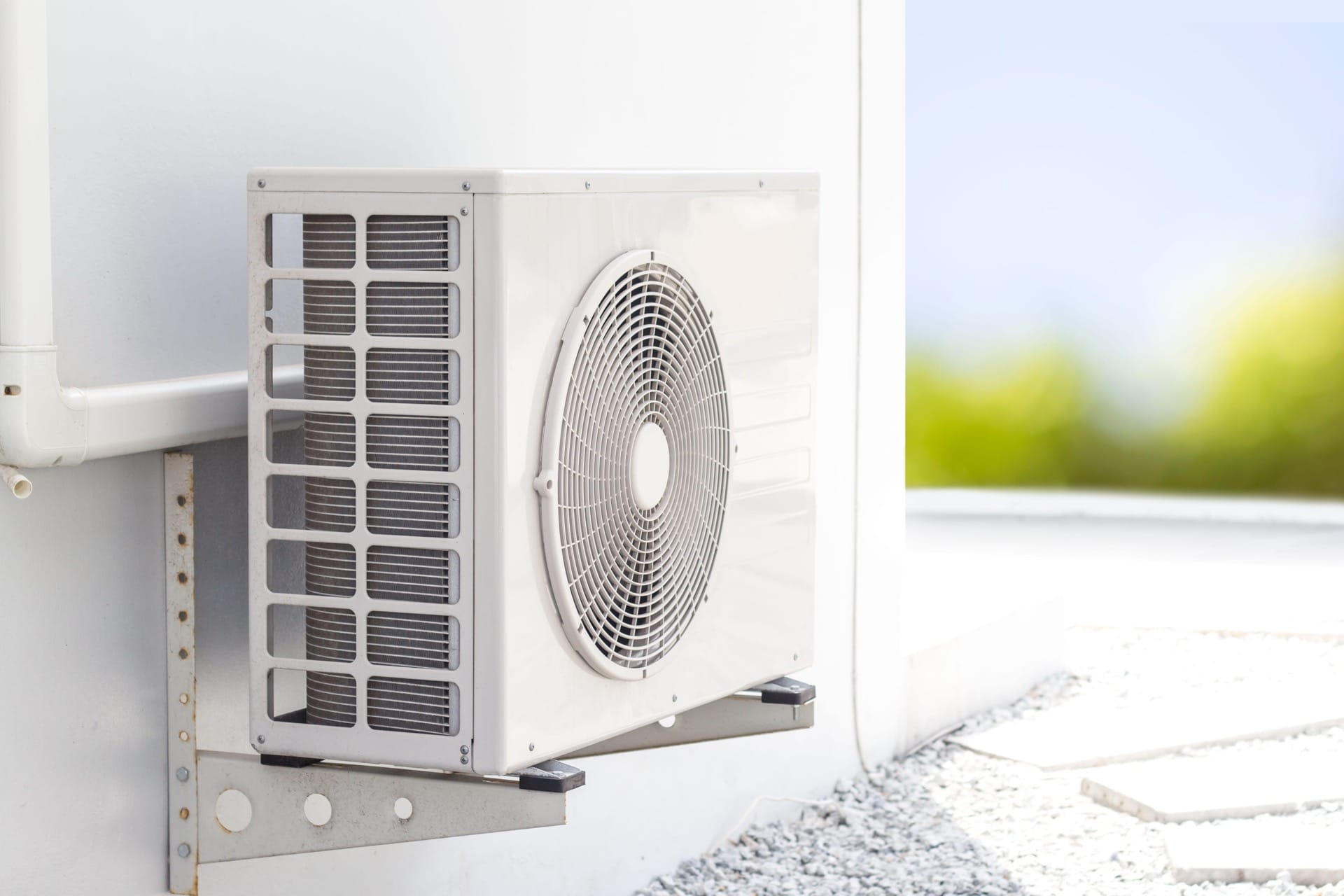
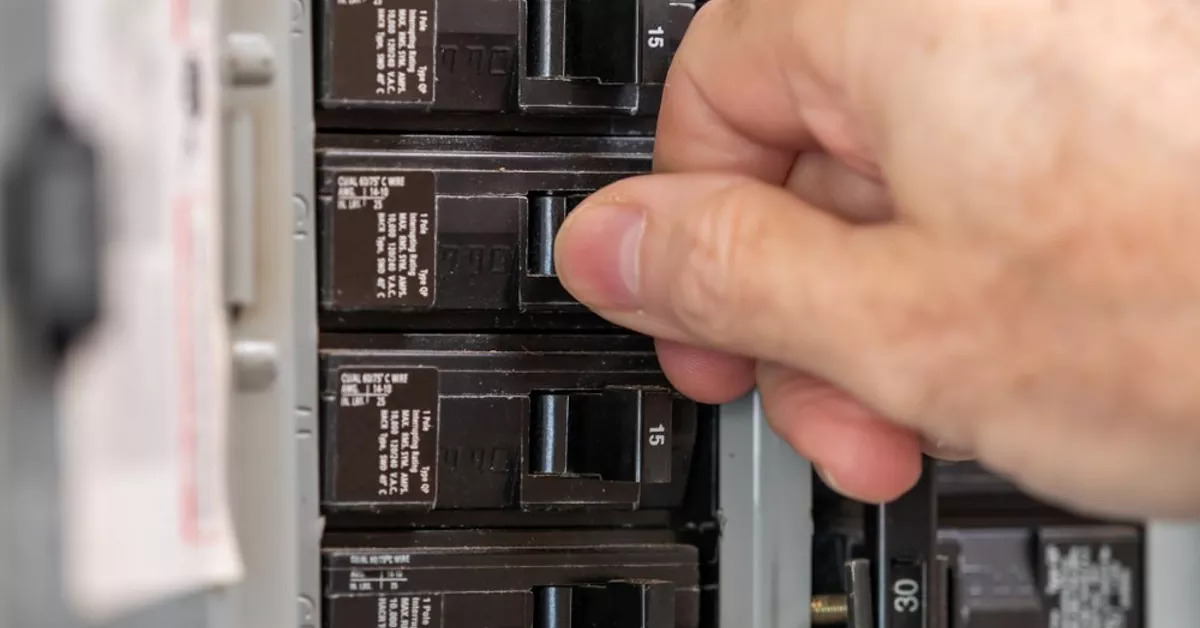
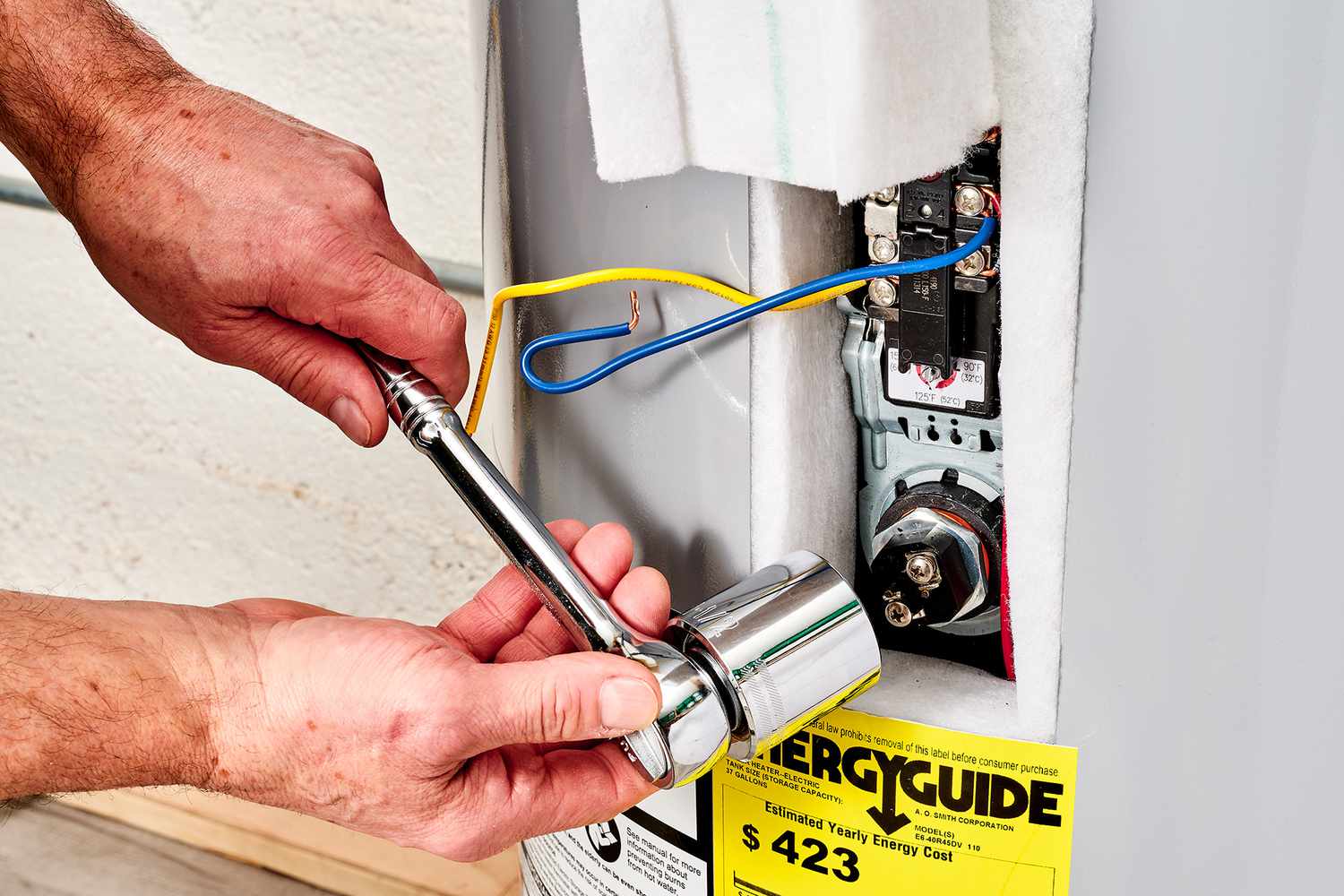
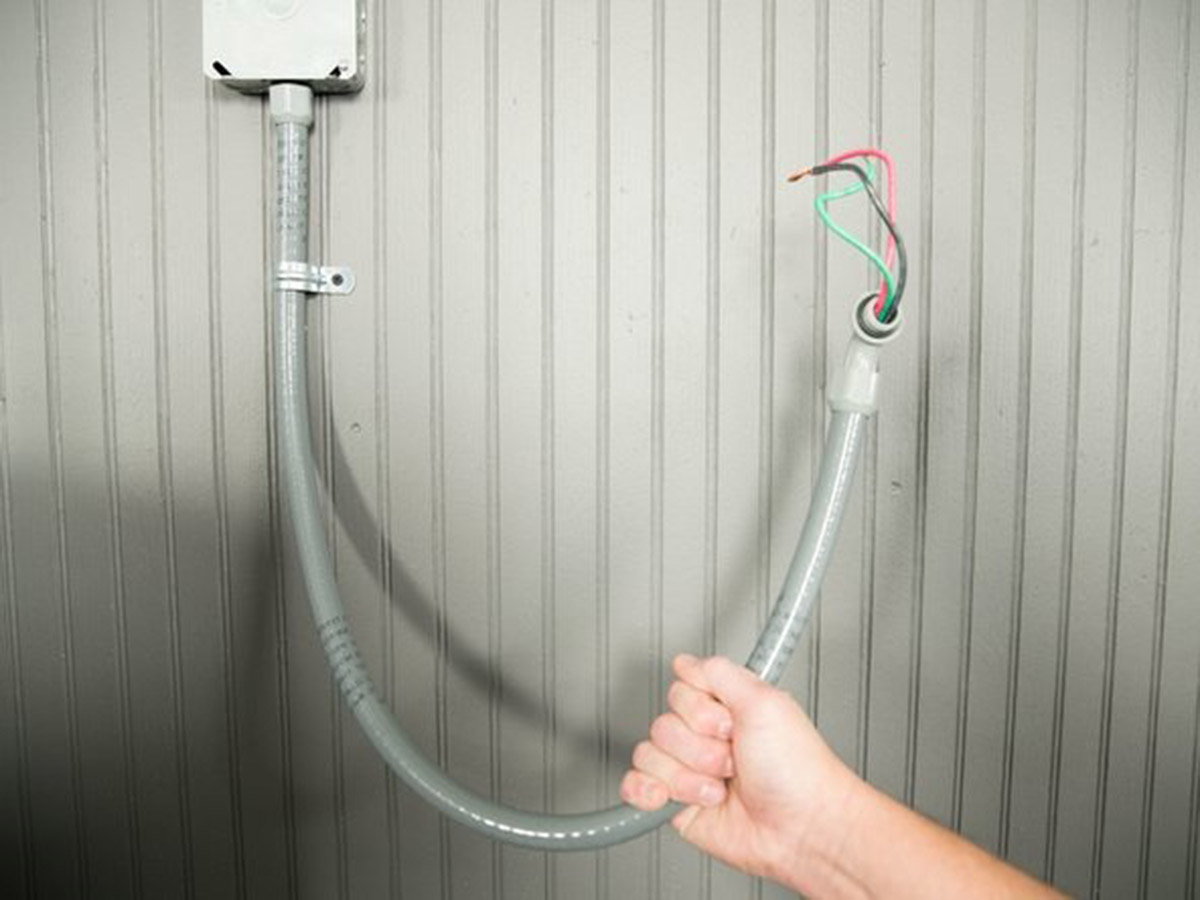
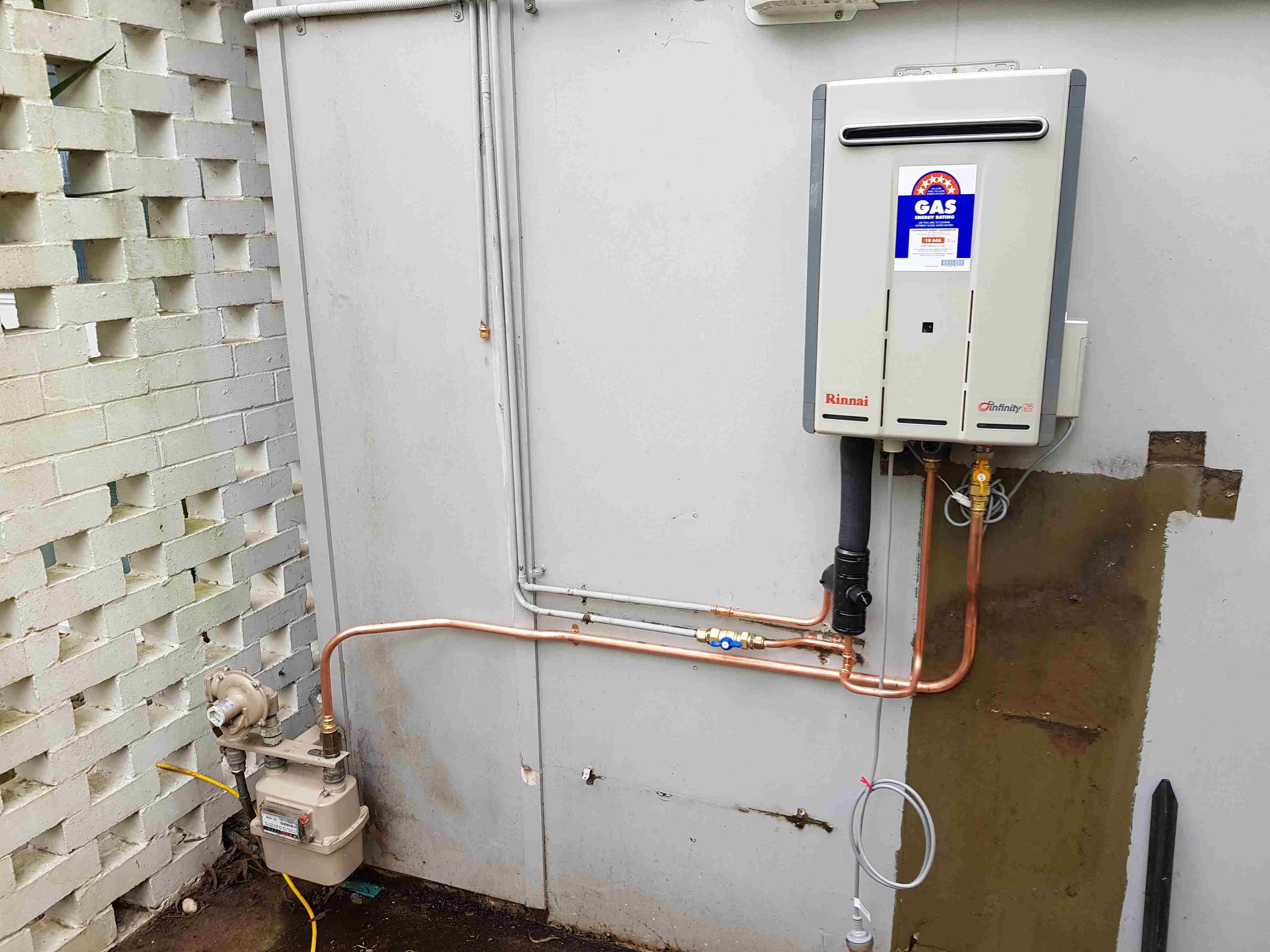
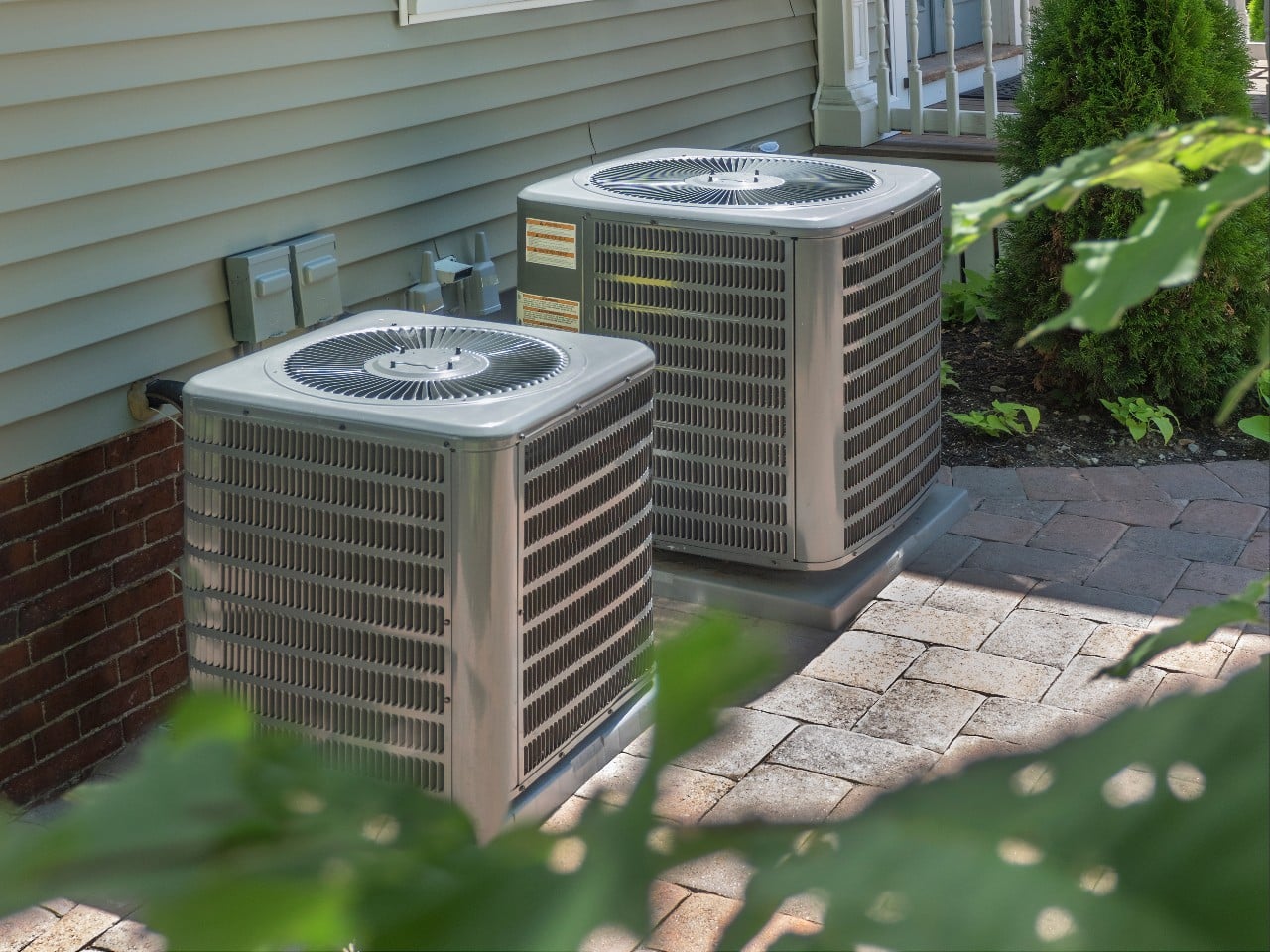
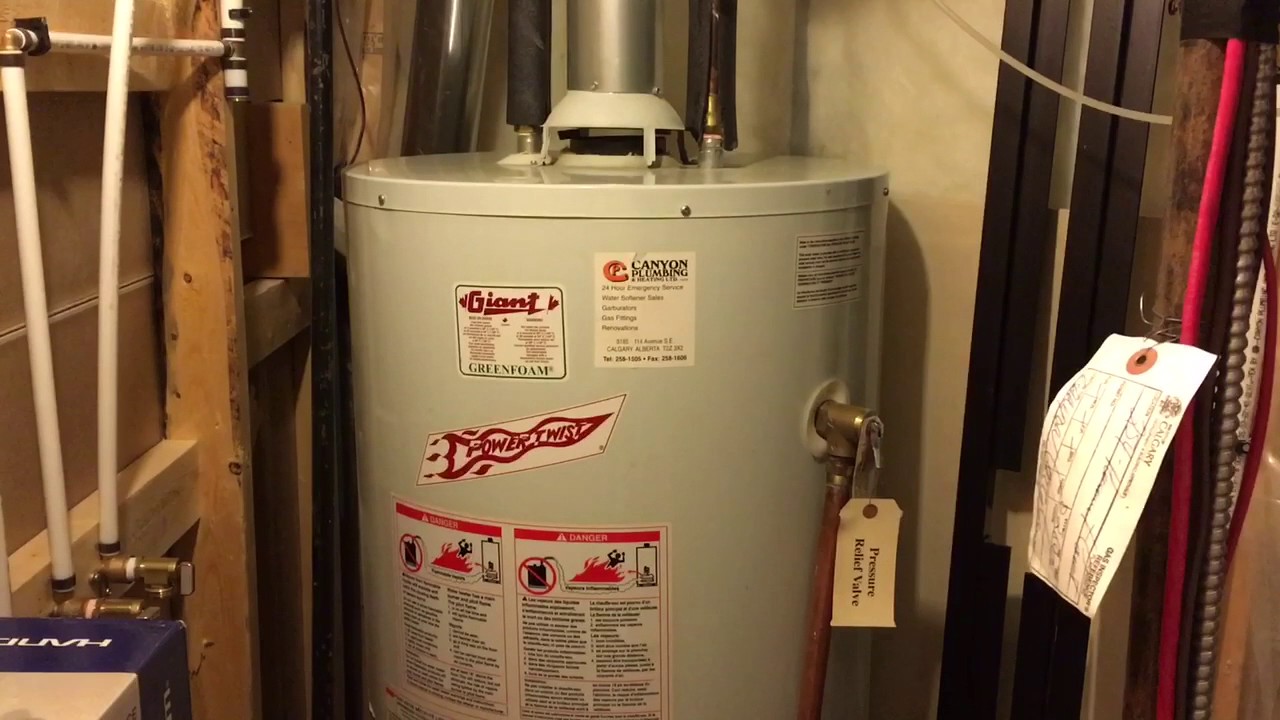
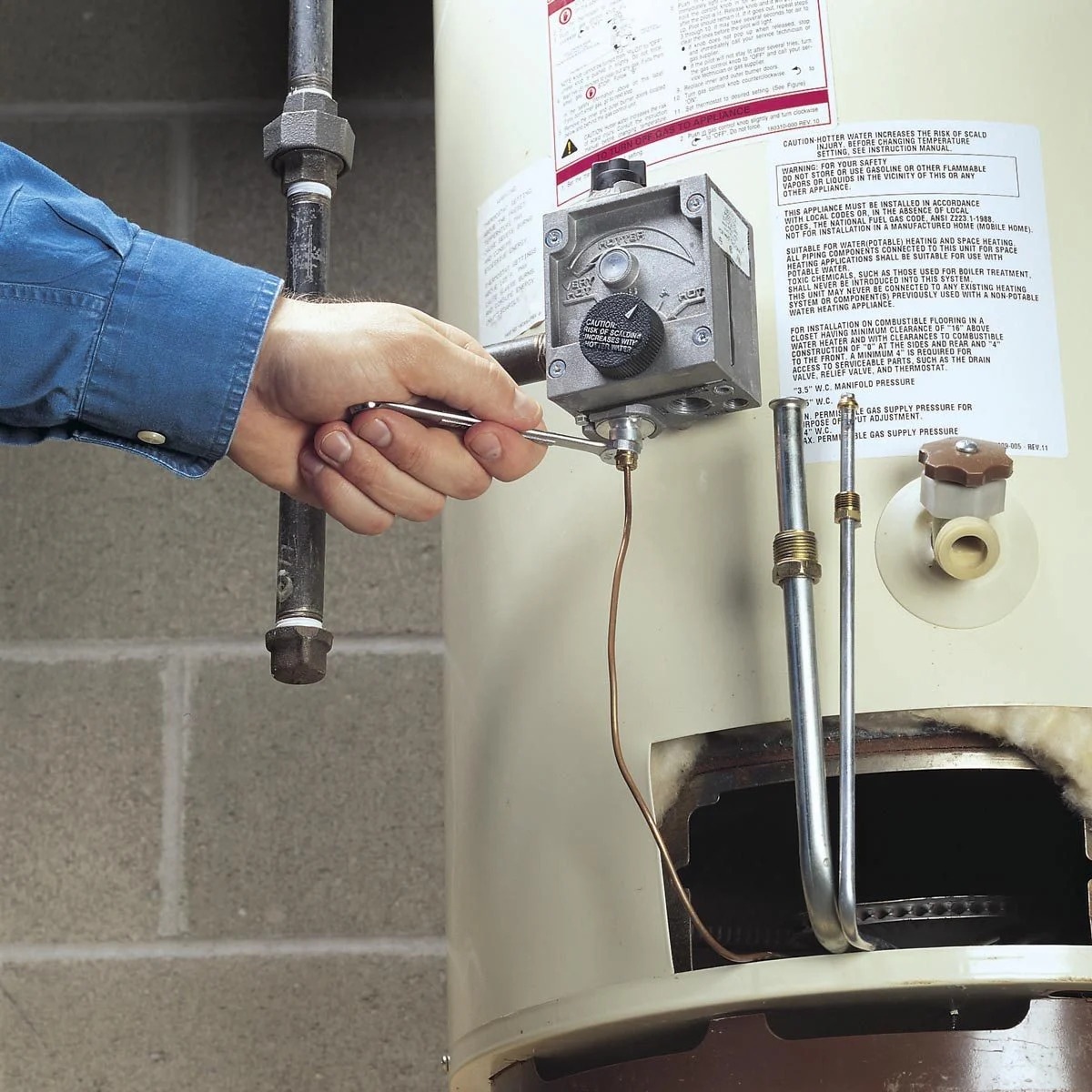
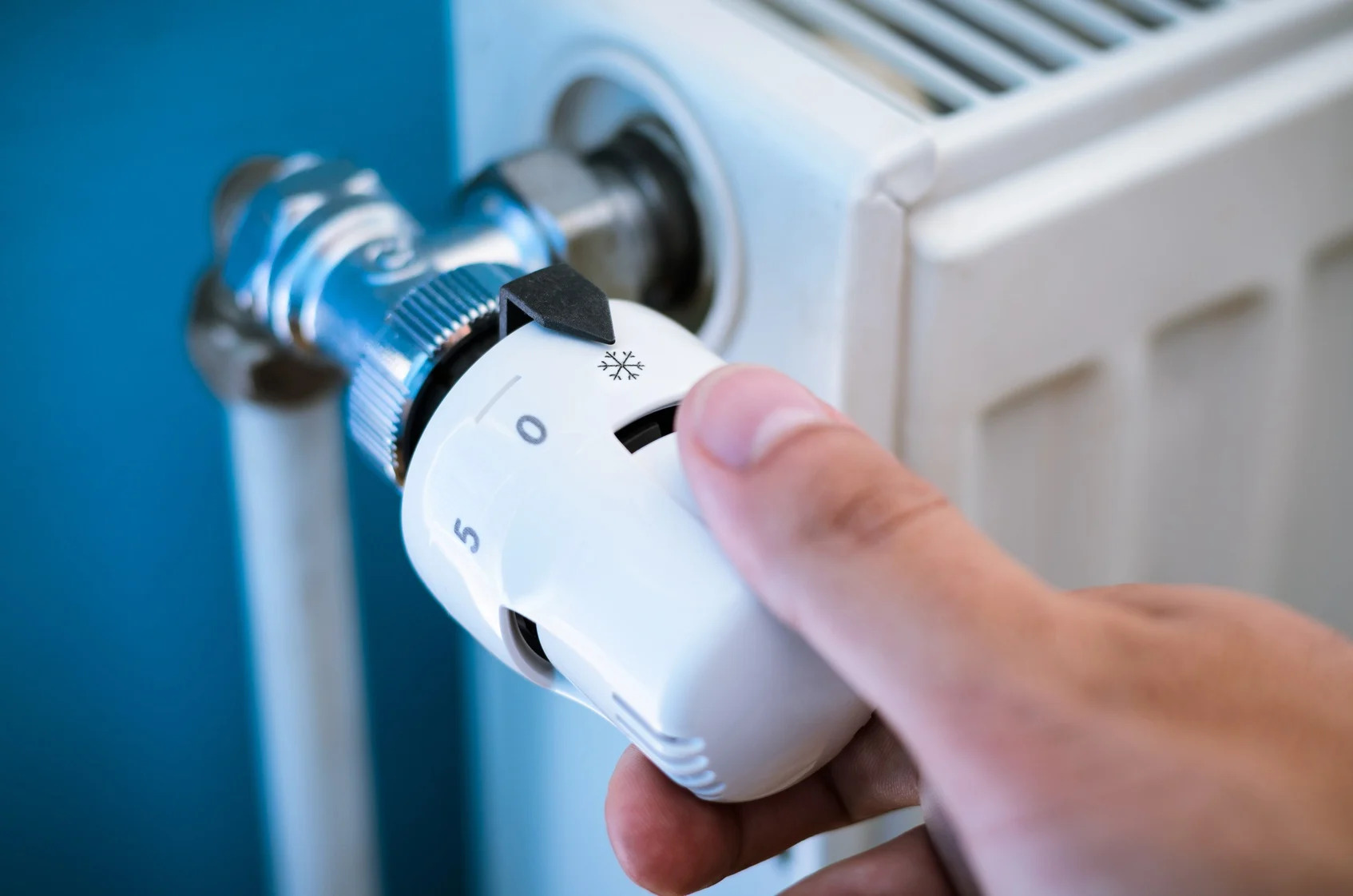
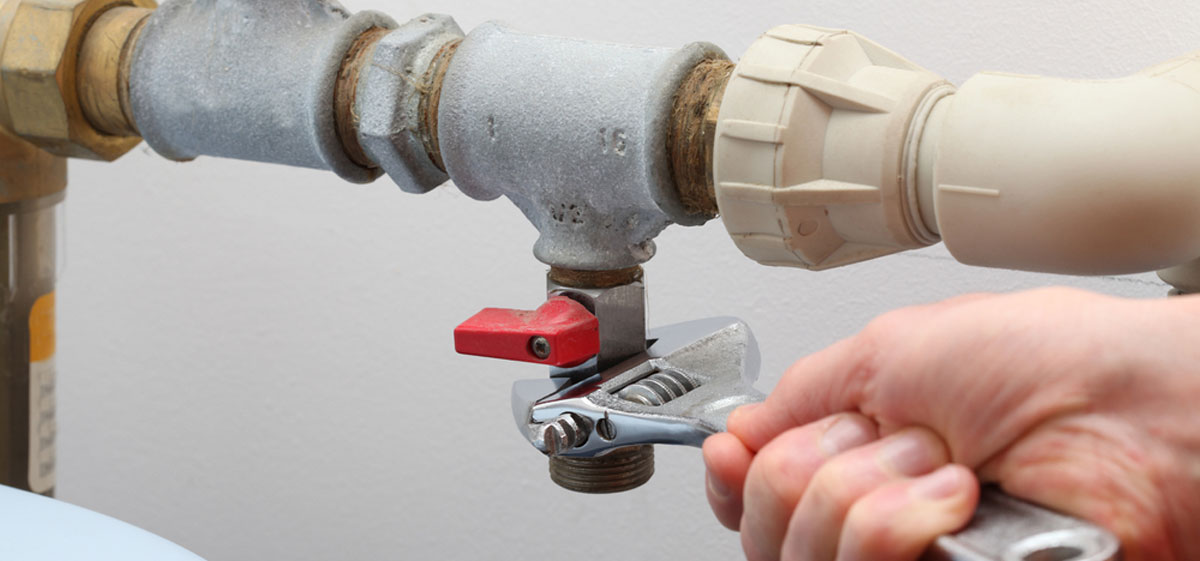
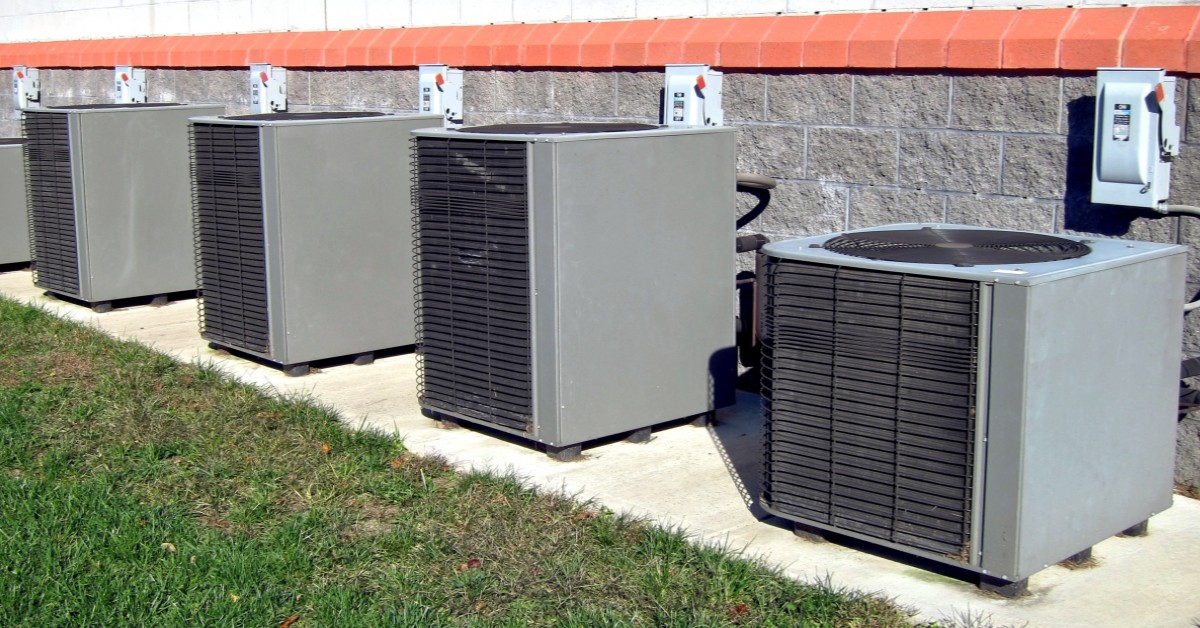

0 thoughts on “What Is The Lifespan Of A Water Heater”